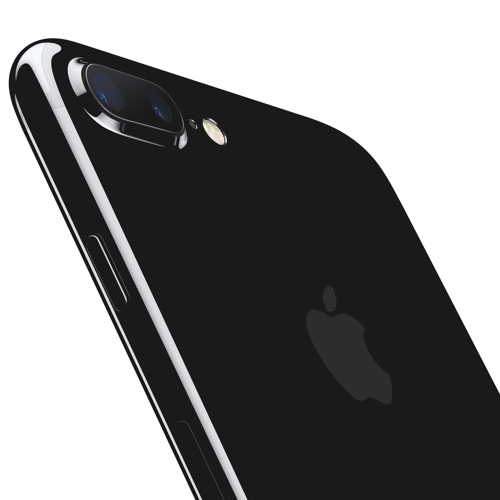A Bloomberg report claims Apple is throttling the top data speeds on Verizon iPhone 7 handsets, in order to keep them at the same performance level as the slower download speeds on AT&T iPhones.

The latest Apple Inc. smartphones that run on Verizon Communications Inc.’s network are technically capable of downloading data faster than those from AT&T Inc. Yet in testing, the two phones perform about the same, according to researchers at Twin Prime Inc. and Cellular Insights.
“The data indicates that the iPhone 7 is not taking advantage of all of Verizon’s network capabilities,” Gabriel Tavridis, head of product at Twin Prime, told Bloomberg. “I doubt that Apple is throttling each bit on the Verizon iPhone, but it could have chosen to not enable certain features of the network chip.”
While it could be expected that performance of modems made by different manufacturers could vary, the difference between the two modems used by Apple in the iPhone 7 and iPhone 7 Plus handsets are said to be quite noticeable. Qualcomm’s X12 modem is capable of up to 600 megabits per second, while Intel’s maximum speed is just 450 megabits per second.
In field tests by Twin Prime, the Verizon version is a little faster than its AT&T stablemate — but not as fast as it could be. The firm proved this by doing the same tests on the Samsung Galaxy S7, which also runs on Verizon’s network and uses the Qualcomm X12. The S7 was about twice as fast as the iPhone 7 running on the same network with the same modem chip, Twin Prime found. This was based on data from more than 100,000 phones downloading an image in large U.S. cities.
The results suggest Apple is throttling the performance of the X12 modem found in the Verizon handset, so it better matches the performance of intel’s modem in the AT&T version of the iPhone.
An Apple spokesperson claims there is no discernable difference in the performance of the two modems.
“Every iPhone 7 and iPhone 7 Plus meets or exceeds all of Apple’s wireless performance standards, quality metrics, and reliability testing,” Apple spokeswoman Trudy Muller said. “In all of our rigorous lab tests based on wireless industry standards, in thousands of hours of real-world field testing, and in extensive carrier partner testing, the data shows there is no discernible difference in the wireless performance of any of the models.”
While informed iPhone users may complain when they realize the difference, many users won’t even realize their Verizon-enabled iPhone is different from their AT&T-using neighbor’s device. Let’s face it, when a consumer has an issue with slower data speeds, the first party they’ll likely blame is the wireless carrier.


